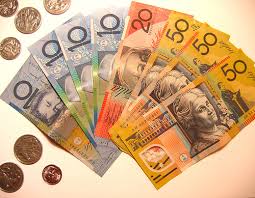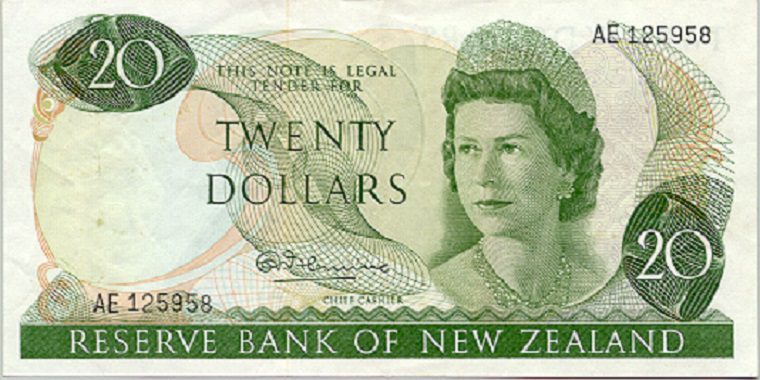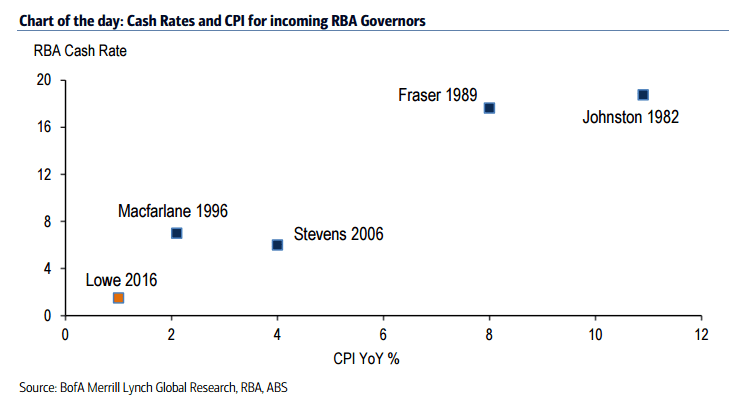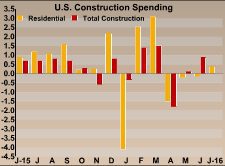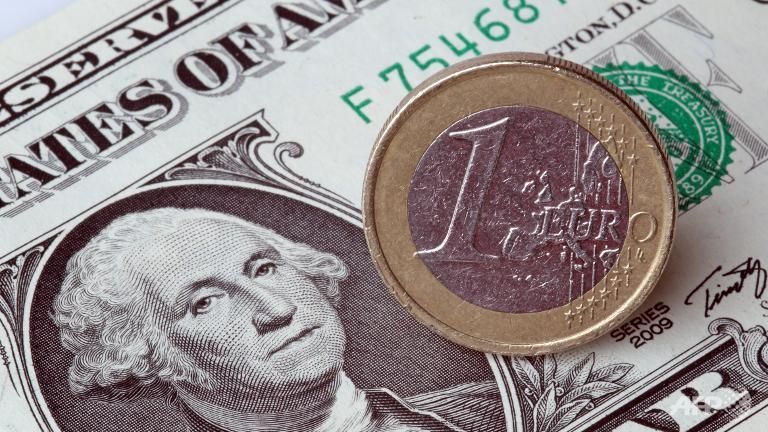South Korea posted a current account surplus of $8.71 billion in July, the Bank of Korea said on Thursday.
That's down from the downwardly revised $12.06 billion surplus in June (originally $12.17 billion).
The financial account registered a $9.39 billion increase in net assets in July.
The goods account surplus narrowed to $10.81 billion, compared to $12.71 billion in June.
The services account deficit increased to $1.53 billion, from $1.38 billion the month before, owing to deterioration in the travel account.
The primary income account surplus narrowed from $1.26 billion the previous month to $0.05 billion, in line with a decrease in income on equity.
The secondary income account saw a $0.62 billion deficit.
In the direct investment, there was a $2.20 billion expansion in assets, down from that of $2.82 billion in June, while liabilities increased by $1.25 billion, an amount similar to that in the previous month.
Portfolio investment assets grew by $4.62 billion in July, after their $3.98 billion growth in June, while portfolio investment liabilities reversed to a $4.53 billion increase from their $2.22 billion decline the month before.
Financial derivatives contracted by $0.48 billion.
In the other investment, there was a $4.63 billion increase in assets and a $2.24 billion decrease in liabilities.
Reserve assets expanded by $1.97 billion.
Also on Thursday, Statistics Korea said that consumer prices were up just 0.4 percent on year in August, hitting a 16-month low.
That missed forecasts for an increase of 0.7 percent, which would have been unchanged from the July reading.
On a monthly basis, inflation eased 0.1 percent versus forecasts for an increase of 0.2 percent after gaining 0.1 percent a month earlier.
Core consumer prices fell 0.3 percent on month and gained 1.1 percent on year after adding 0.1 percent on month and 1.6 percent on year a month prior.
by RTT Staff Writer
For comments and feedback: editorial@rttnews.com
Economic News
What parts of the world are seeing the best (and worst) economic performances lately? Click here to check out our Econ Scorecard and find out! See up-to-the-moment rankings for the best and worst performers in GDP, unemployment rate, inflation and much more.

